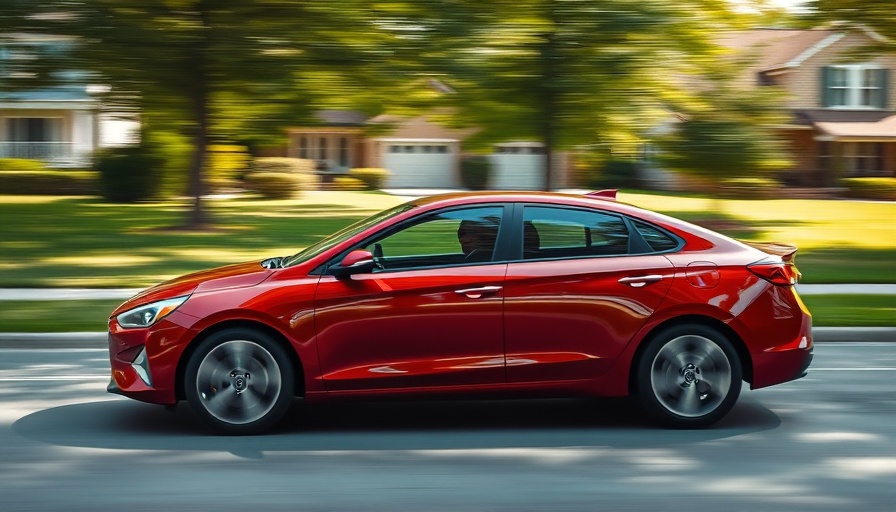
The Rise of Hybrid Technology: A Game Changer
In recent years, hybrid vehicles have gained significant traction in the automotive industry, thanks to their balance of efficiency and performance. The Toyota Prius, first introduced in 1997, exemplifies this trend, setting a benchmark for reliability in the hybrid sector. The innovative hybrid system of the Prius not only reduces fuel consumption but also offers lower maintenance costs compared to traditional internal combustion engine vehicles. This reliability is critical for consumers looking for long-lasting, value-driven options.
Why the 2007-2009 Toyota Prius Stands Out
Among the myriad options in the hybrid market, the 2007-2009 Toyota Prius Touring Edition has earned a reputation as one of the most bulletproof vehicles available today. Its extensive warranties, including a drivetrain warranty for five years or 60,000 miles and a traction battery warranty lasting up to 10 years or 150,000 miles, give consumers peace of mind. The combination of its 57 MPG fuel economy, spacious interior, and advanced safety features solidifies its standing in the market, appealing to a wide demographic.
The Environmental Impact of Hybrids
With increasing concerns about climate change and energy sustainability, hybrid vehicles like the Prius offer a more environmentally friendly alternative. They produce significantly lower emissions compared to traditional gasoline engines. This shift toward hybrids contributes positively to regulatory targets for reducing carbon footprints, appealing to eco-conscious consumers. Additionally, hybrid technology is a stepping stone towards fully electrified vehicles, aligning with global trends towards sustainability.
Consumer Choices: hybrids versus electric vehicles
As the automotive market evolves, consumers are often torn between choosing hybrids or fully electric vehicles. Hybrids, like the Toyota Prius, provide the convenience of gasoline engines while still offering electric efficiency, making them a preferred choice for those wary of charging infrastructure. However, electric vehicle sales are on the rise, sparking discussions on the future of hybrid technology. Understanding the pros and cons of each can help buyers make informed decisions that suit their lifestyle and budget.
The Future of Hybrid Technology
The trajectory for hybrid vehicles appears bright, especially with advancements in battery technology and materials management that can enhance their performance. Analysts predict that the next generation of hybrids will integrate more sophisticated tech features, improving usability and efficiency. Additionally, as younger generations prioritize environmental sustainability, the industry's focus on hybrids may redefine vehicle preferences in the years to come.
Conclusion: Making Informed Choices as a Consumer
The Toyota Prius Touring Edition has earned its place as one of the most reliable hybrids due to its durability, low operating costs, and eco-friendliness. In the ever-evolving automotive landscape, staying informed about vehicle options, from hybrids to electric vehicles, is essential for making smart purchasing decisions. As manufacturers continue to innovate, consumers will have more choices that meet their performance, cost, and sustainability needs.
 Add Row
Add Row  Add
Add 




Write A Comment